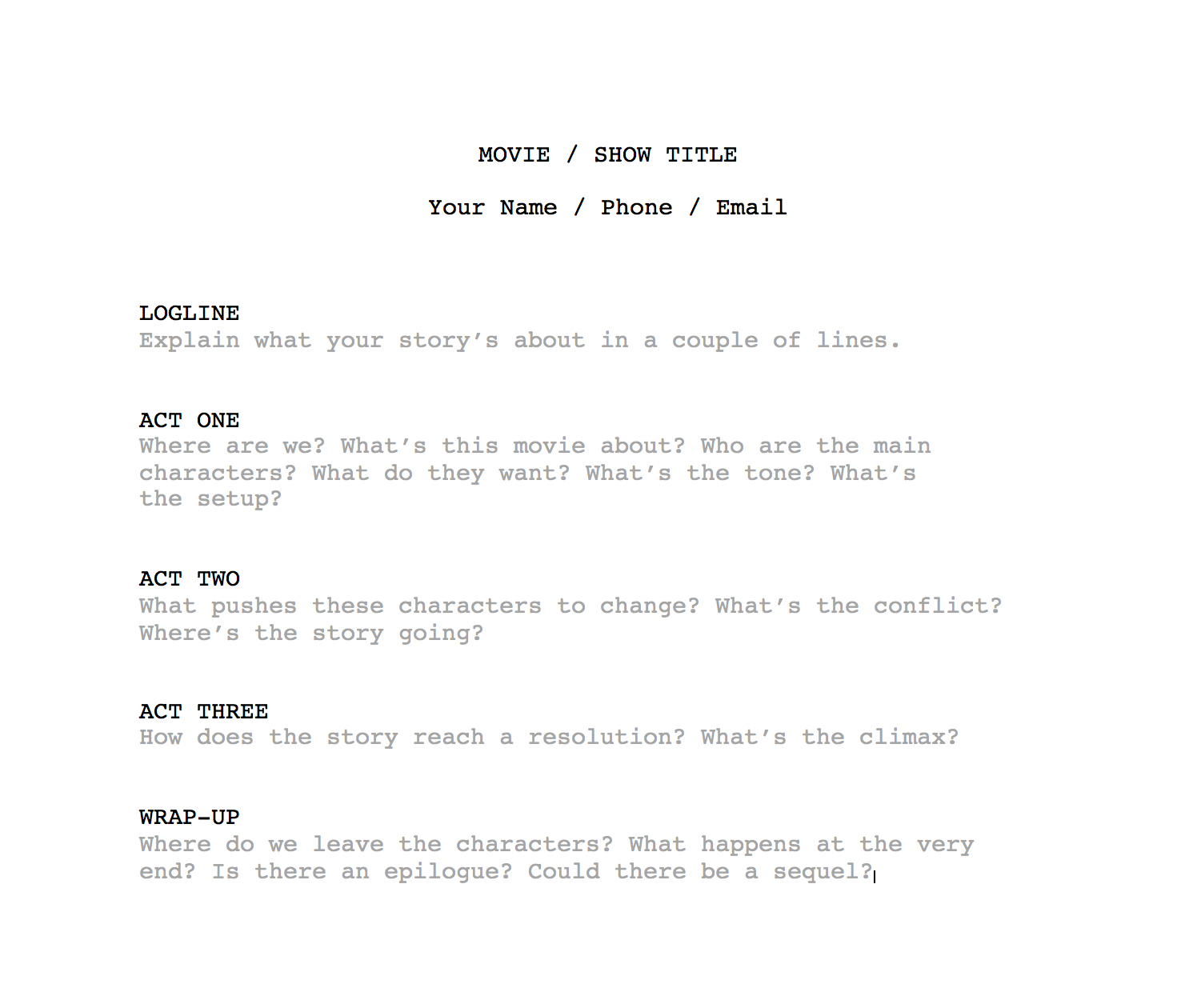

To write a good screenplay takes not only an understanding of narrative and character but a knowledge of cinema. And too many third-rate scripts are being produced. There have always been hack writers in the business – the problem today is that people don’t seem to know the difference between a good writer and a hack.

Often, they are people with aggressive personalities who can navigate the world of film development – a world of pitch meetings and conversations with agents – more effectively than their more sensitive creative writer colleagues. These so-called writers have managed to fashion and sell what is perceived to be a successful screenplay and may continue to get work off it for a number of years. There is currently an abundance of “made” writers in the business, people who have very little creative ability but have flourishing screenwriting careers. This is partly due to the proliferation of word processors which make the physical part of writing easier. Too many people have the notion that they can write themselves and don’t value the art of writing enough. Writers have been historically undervalued in the film business, but today they are simply not included enough in the filmmaking process.
Film script treatment example how to#
People don’t recognize true writing talent or know how to develop it. Why does so much screenplay development fail, both in Hollywood and among the smaller independent companies? Why aren’t better screenplays being developed and filmed? When a film with a slender, uninteresting screenplay like Jurassic Park makes more money than any film in history, who cares if films make narrative sense? On the other hand, botched, misconceived, or badly developed scripts like Last Action Hero, Flesh and Bone, and I Love Trouble have produced financial flops which have cost people their reputations, if not their jobs. This is because Hollywood’s values have changed, largely due to the advent of the blockbuster. One wonders what Ben Hecht or Raymond Chandler would have thought about a young screenwriter being paid $4 million for a violent actioner that includes a gunfight in which splattered brains land on a griddle and are fried next to a hamburger?įewer and fewer films with complex characters and original storylines are being produced in Hollywood. Screenwriters are paid more than ever, but at great artistic cost. There is a general awareness that the screenplay development process in Hollywood is terribly flawed. The project is dropped, or, depending on how commercial the producer believes the idea is, another writer is brought in. When the second draft comes in, it’s still not that home run the producer was looking for. The writer makes a second pass, but sensing their lack of enthusiasm, has difficulty mustering feeling for the rewrite. The producer, his or her development person, and the studio executive prepare critical notes for the writer which are usually inadequate to help the writer make the changes that they feel are necessary. Something’s wrong – it just doesn’t sing off the page.

The first draft comes in and, in most cases, the producer is disappointed. A high-priced writer is contracted to write the standard two drafts and a polish. A typical Hollywood development scenario: a producer gets enthusiastic about an idea, sells it to a powerful studio executive, and lands a deal. Ī large number of scripts that Hollywood develops are shelved or put into turnaround, but, as filmgoers are well aware, many poorly developed scripts are put into production too. Occasionally studios find what they consider to be a good original screenplay and pay a considerable sum of money for it – usually after a frenzied bidding war. For the studio executive, development is a necessary evil in order to stay ahead in the idea-production factory game of Hollywood.Īlthough the lucrative screenplay development deals of the ’80s are no longer easy to come by, Hollywood still spends an enormous amount of money hiring writers to develop screenplays from novels, plays, old films, treatments, magazine articles, concepts, and news stories. To development executives, it means finding an idea, novel, or original screenplay and then having to work with a writer who can be alternately moody, recalcitrant, or even lazy – and then being disappointed with the results. To screenwriters in Hollywood, it means toiling under the tutelage of a team of business people, endeavoring to give them what they want, all the while realizing that there is little chance that their script will ever get made. This article originally appeared in our Fall, 1995 print edition.ĭevelopment is a dirty word in the film business.


 0 kommentar(er)
0 kommentar(er)
